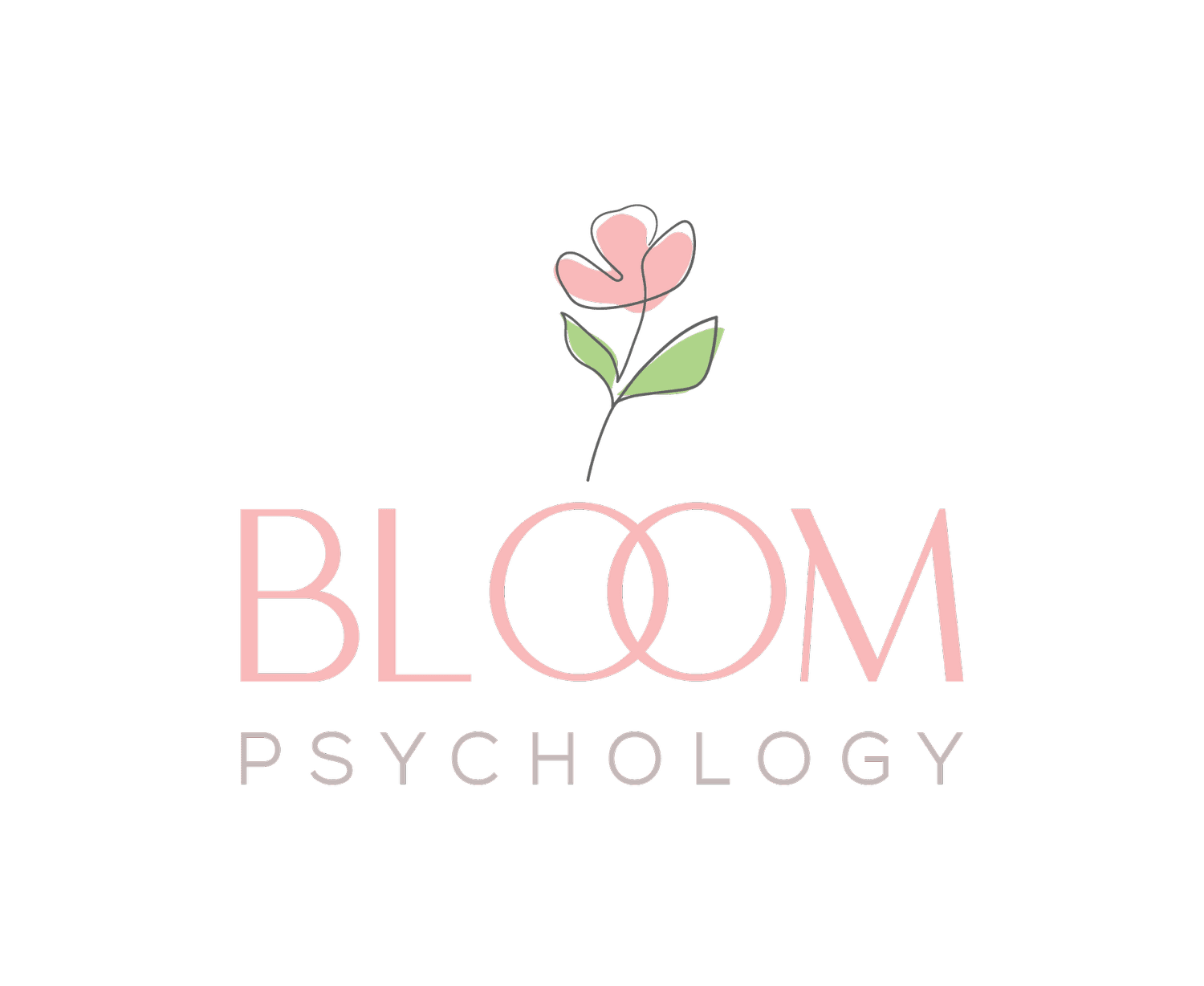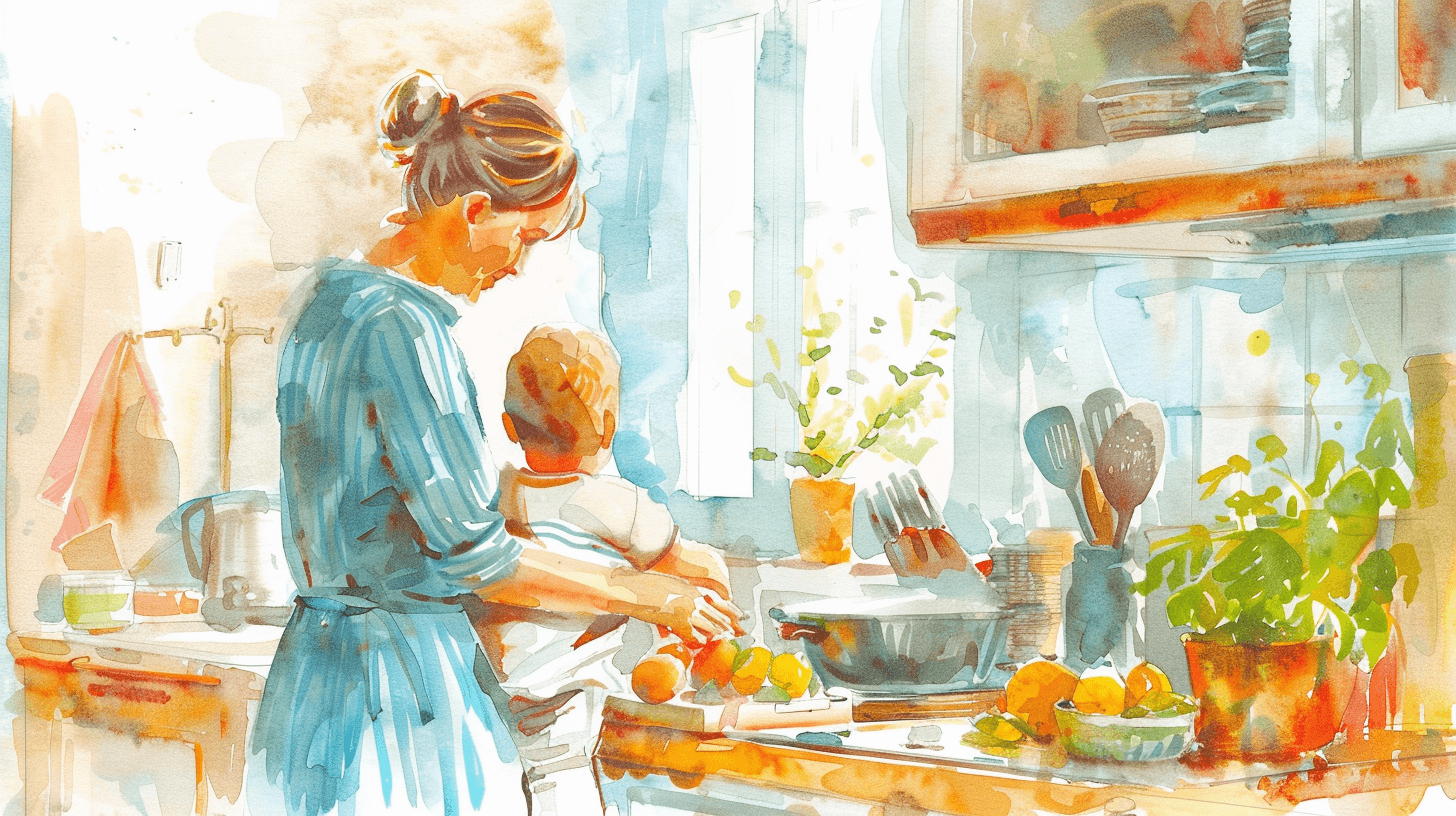Listen to this article
Narrated by Dr. Jana Rundle• 1.6 MB
Keyboard shortcuts: Space or K to play/pause • ← → to seek ±5s
Building Healthy Parent-Child Relationships
The foundation for emotional security, resilience, and lifelong connection
Bookmark or save this comprehensive attachment guide for your parenting journey
The relationship between parent and child is one of the most profound connections in human experience.
It shapes a child's emotional development, influences their future relationships, and creates patterns that can last a lifetime.
Understanding how to build secure attachment isn't about being perfect. It's about being present, attuned, and willing to repair when things go wrong.
"Connection is not perfection. It's the daily practice of seeing, soothing, and showing up for your child."
The 4 Foundations of Secure Attachment
Research shows that secure attachment develops through four essential experiences. Each one builds your child's capacity for emotional regulation and healthy relationships.
Safety
Children need to feel physically and emotionally safe.
This means consistent routines, reliable presence, and a calm environment where emotions are welcomed, not punished.
Being Seen
Attunement means truly noticing your child—their feelings, needs, and unique personality.
It's the foundation of connection and helps them develop a sense of "I matter."
Comfort
When children are distressed, they need soothing.
Your consistent comfort builds their ability to self-regulate later. You're not spoiling them—you're teaching them how to manage emotions.
Delight
Children need to see joy in your eyes when you look at them.
This builds their sense of worth and lovability. Your genuine delight becomes their inner voice.
Understanding Attachment Styles
The way you connect with your child shapes their attachment style—a blueprint for how they'll relate to others throughout life.
Understanding these patterns helps you recognize what's working and where you might need support.
Secure Attachment
What it looks like: Child feels safe to explore, seeks comfort when distressed, easily soothed by parent
Parent behaviors: Consistent, attuned, responsive to needs, emotionally available
Long-term impact: Healthy relationships, emotional resilience, self-confidence
Anxious Attachment
What it looks like: Child is clingy, excessively distressed by separation, difficult to soothe
Parent behaviors: Inconsistent availability, sometimes responsive and other times dismissive
The fix: Increase consistency, follow through on promises, validate emotions
Avoidant Attachment
What it looks like: Child seems independent, doesn't seek comfort, shows little emotion
Parent behaviors: Emotionally distant, dismissive of feelings, prioritizes independence over connection
The fix: Initiate connection, welcome emotions, offer physical affection
If you recognize insecure patterns, don't panic.
Attachment isn't fixed. With awareness, intention, and sometimes professional support, you can shift toward more secure connection at any age.
Age-Appropriate Connection Strategies
Connection looks different at every stage. Here's what your child needs most at each developmental phase.
Infants (0-12 months)
Respond quickly to cries - You're building trust, not creating dependency
Maintain eye contact during feeding - This is where attunement begins
Engage in back-and-forth "conversations" - Coos, babbles, and facial expressions count
Hold, rock, and comfort generously - Physical closeness regulates their nervous system
Mirror their emotions - Match their excitement and acknowledge their distress
Toddlers (1-3 years)
Name their emotions - "You're feeling frustrated that the blocks fell down"
Offer choices - "Red shirt or blue shirt?" builds autonomy within safety
Stay calm during tantrums - Your regulation becomes their regulation
Create consistent routines - Predictability equals safety for developing brains
Get down on their level - Physical proximity during difficult moments matters
Preschoolers (3-5 years)
Engage in imaginative play - Enter their world of dinosaurs and tea parties
Listen to their stories - Even when they're long and wandering
Set clear boundaries with warmth - "I can't let you hit. I can see you're upset"
Validate feelings while guiding behavior - Emotions are always okay, actions might not be
Answer their endless "why" questions - Curiosity is how they connect and learn
School-Age (6-12 years)
Show genuine interest in their passions - Whether it's Pokemon or soccer
Create special one-on-one time - 15 minutes of undivided attention matters more than hours of distracted presence
Problem-solve together - "What do you think we should do about this?"
Respect growing independence - Connection shifts from physical to conversational
Be available at transition times - After school, before bed - these are when kids open up
Teens (13-18 years)
Stay available without hovering - Be the lighthouse, not the helicopter
Listen more than you lecture - Curiosity over criticism
Respect their privacy while maintaining connection - Closed doors don't mean closed hearts
Normalize struggle - "Everyone feels this way sometimes" reduces shame
Stay curious about their world - Ask about their friends, music, what they're thinking about
"The quality of your presence matters more than the quantity of your time."
The 5-Step Repair Process
When ruptures happen (and they absolutely will), repair is what matters most.
Research shows that children who experience consistent repair develop stronger emotional resilience than those who never see their parents struggle.
Pause and Regulate Yourself
Take a breath before responding. You can't repair effectively when you're still dysregulated.
It's okay to say, "I need a minute to calm down" or "Let me step outside for a moment."
Acknowledge What Happened
Be specific and honest: "I raised my voice and that wasn't okay."
Avoid "but" statements like "I'm sorry but you were being impossible" - they erase the acknowledgment.
Offer a Genuine Apology
"I'm sorry I yelled. You didn't deserve that."
Apologizing to your child doesn't undermine your authority. It models accountability, humility, and emotional intelligence.
Validate Their Experience
"It makes sense that you felt scared when I yelled."
This helps them trust their own emotional experience rather than doubting themselves or minimizing their feelings.
Reconnect and Move Forward
Offer physical comfort if they're open to it. A hug, sitting close, or a hand on their shoulder.
Move forward together without dwelling on the rupture. Model self-forgiveness: "I made a mistake and I'm working on it."
Rupture is inevitable. Repair is what builds resilience and trust.
Common Communication Mistakes (And What to Do Instead)
Even with the best intentions, certain communication patterns can damage connection. Here's how to recognize and shift them:
Dismissing Emotions
"You're fine, stop crying"
"It's not a big deal"
Do This Instead
"I can see you're really upset"
"Tell me what's bothering you"
Comparing to Others
"Why can't you be more like your sister?"
"Other kids don't have this problem"
Do This Instead
"I notice you're struggling with this"
"Let's figure this out together"
Using Shame
"You should be ashamed of yourself"
"What's wrong with you?"
Do This Instead
"That behavior doesn't match your values"
"Let's talk about what happened"
Threats and Ultimatums
"If you don't stop, I'm leaving"
"One more time and you're done"
Do This Instead
"I need us to make a different choice"
"Let's figure out a solution together"
Daily Practices for Connection
Small, consistent moments of connection matter more than occasional grand gestures. Here's what makes a difference:
✓
Morning connection ritual: Even 2 minutes of eye contact, a hug, and "I'm glad you're here" sets the tone for the day
✓
Put the phone down: When your child is talking to you, make eye contact. Divided attention communicates "You're not worth my full presence"
✓
Name what you notice: "You worked really hard on that puzzle" or "I can see you're feeling frustrated"
✓
Bedtime reconnection: Even if the day was hard, end with warmth. "Tell me one thing about your day" opens the door
✓
Follow their lead in play: Let them direct the activity. Your job is to be present and engaged, not to teach or correct
✓
Physical affection: Hugs, hand-holding, back rubs - touch releases oxytocin and reinforces safety
✓
Regulate your own emotions: Your calm nervous system co-regulates theirs. When you're stressed, they feel it
✓
Weekly special time: Create a predictable rhythm where each child gets dedicated one-on-one time with you
When Connection Feels Hard
Some days, connection feels effortless. Other days, you're touched out, overwhelmed, and struggling to regulate your own emotions.
This is normal. Here's how to navigate the hard moments:
Name Your Limits
"I love you and I need some space right now" models healthy boundaries. You're teaching them that relationships can hold both love and limits.
Prioritize Your Regulation
You can't pour from an empty cup. Taking a break to regulate yourself isn't selfish - it's essential. Even 5 minutes of breathing or stepping outside helps.
Repair When You're Ready
If you snapped or disconnected, circle back when you're regulated. "Earlier I was overwhelmed and I wasn't my best self. I'm sorry." It's never too late to repair.
"You don't need to be perfect. You need to be present, willing to repair, and kind to yourself in the process."
Special Circumstances and Challenges
Some situations require adapted approaches to maintain connection. Here's guidance for common challenges:
Blended Families and Stepparenting
Connection takes longer when you're not the biological parent. Give it time.
Focus on consistency, respect, and letting the child set the pace for emotional closeness.
Avoid trying to replace the other parent. Instead, create your own unique relationship.
Neurodivergent Children (ADHD, Autism, etc.)
Connection might look different. Some kids don't want eye contact or physical touch.
Follow their lead. Parallel play, special interests, and predictable routines can build deep connection.
Understand their sensory needs. What feels connecting to you might be overwhelming to them.
Adopted or Foster Children
Early trauma impacts attachment. Be patient with push-pull dynamics and testing behaviors.
Consistency is everything. Show up even when they push you away.
Consider trauma-informed parenting training and therapeutic support specialized in attachment.
High-Conflict Divorce or Separation
Your child needs permission to love both parents without feeling disloyal.
Never speak negatively about the other parent. Focus on being their safe, stable person.
Acknowledge the hard parts: "I know this is confusing" without burdening them with adult details.
Red Flags That May Need Support
Sometimes the challenges go beyond typical parenting stress. Consider reaching out for professional support if you notice:
You frequently feel rage or intense resentment toward your child
Connection feels impossible most days, not just the hard ones
Your own childhood trauma is being triggered by parenting
You're struggling with depression, anxiety, or overwhelming stress
Your child shows signs of emotional withdrawal or persistent anxiety
You find yourself repeating patterns from your own difficult childhood
Seeking support isn't a sign of failure. It's an act of courage and commitment to your child's well-being and your own.
Building the Relationship That Lasts
The parent-child relationship isn't about getting it right every time.
It's about showing up with curiosity, compassion, and a willingness to repair when things go wrong.
Every moment of attunement, every repair, every time you regulate yourself instead of reacting - these are deposits in the attachment account that will serve your child for life.
Your relationship with your child is the foundation they'll build their life upon.
You don't have to be perfect. You just have to be present.
Get Our Free Parent Connection Guide
Join Bloom's newsletter and more evidenced-based parenting scripts, tools, and more.
Subscribe to Bloom's Newsletter
How Bloom Psychology Can Help
At Bloom Psychology, we specialize in helping parents build stronger connections with their children through:
Parent-Focused Therapy: Work through your own childhood experiences and how they impact your parenting
Attachment-Based Strategies: Evidence-based techniques to strengthen your bond with your child
Regulation Support: Learn to manage your own emotions so you can co-regulate with your child
Compassionate Guidance: A warm, non-judgmental space to process the challenges of parenthood
Reach out today to learn more about our parent-focused therapy and how we can support your family.
Get More Like This
Join hundreds of moms receiving monthly mental health insights, evidence-based tips, and new articles.
No spam. Unsubscribe anytime.

Jana Rundle
Licensed Clinical Psychologist




